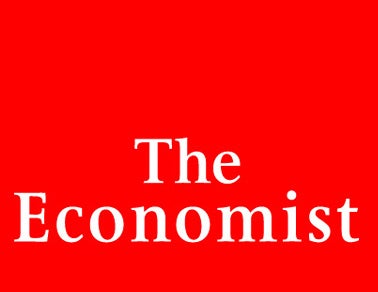Larry Downes: “Should the tech giants be more heavily regulated?” (The Economist)
Posted in News | Tagged News - Digital Economy

The Economist hosted a debate on the Open Future: Regulating Tech Titans. Larry Downes, CBPP Senior Industry and Innovation Fellow and Project Director for the The Evolution of Regulation and Innovation Project at the CBPP, represented the con side of the argument to “Should the tech giants be more heavily regulated?”
Here is an excerpt from Downes’ opening statement:
Those calling generally and vaguely for “more” regulation of tech, however, should heed the wisdom of Nobel prize-winning economist Ronald Coase, who demonstrated half a century ago that laws written to control the damage caused by new technologies often cost consumers more than do the harms themselves.
How? First, consumers pay directly in the form of expanding bureaucracies and indirectly in the unintentional slowing or skewing of continued invention. The regulatory process is, by design, slow-paced, both in design and execution, impeding the introduction of innovations that might solve the problems of earlier versions. Worse, it is easily captured by the companies regulated, and subject to political exploitation when a juicy scandal captures public attention.
It is also impossible to regulate just the “giants.” New laws that restrict tech company practices will sweep in smaller enterprises and start-ups, burdening them with complex legal problems ever-earlier in their existence.
In most cases, heavy regulation—whether of health care, banks, energy companies, or dominant internet companies—actually benefits the bigger companies. They can afford to “lawyer up” and game the system, while smaller competitors and new entrants with potentially disruptive products can’t. As a result, regulated industries are stable but much less innovative. And taxpayers and customers pay the price for the added layers of administration required both to regulate and to be regulated.
Follow the debate at The Economist.
